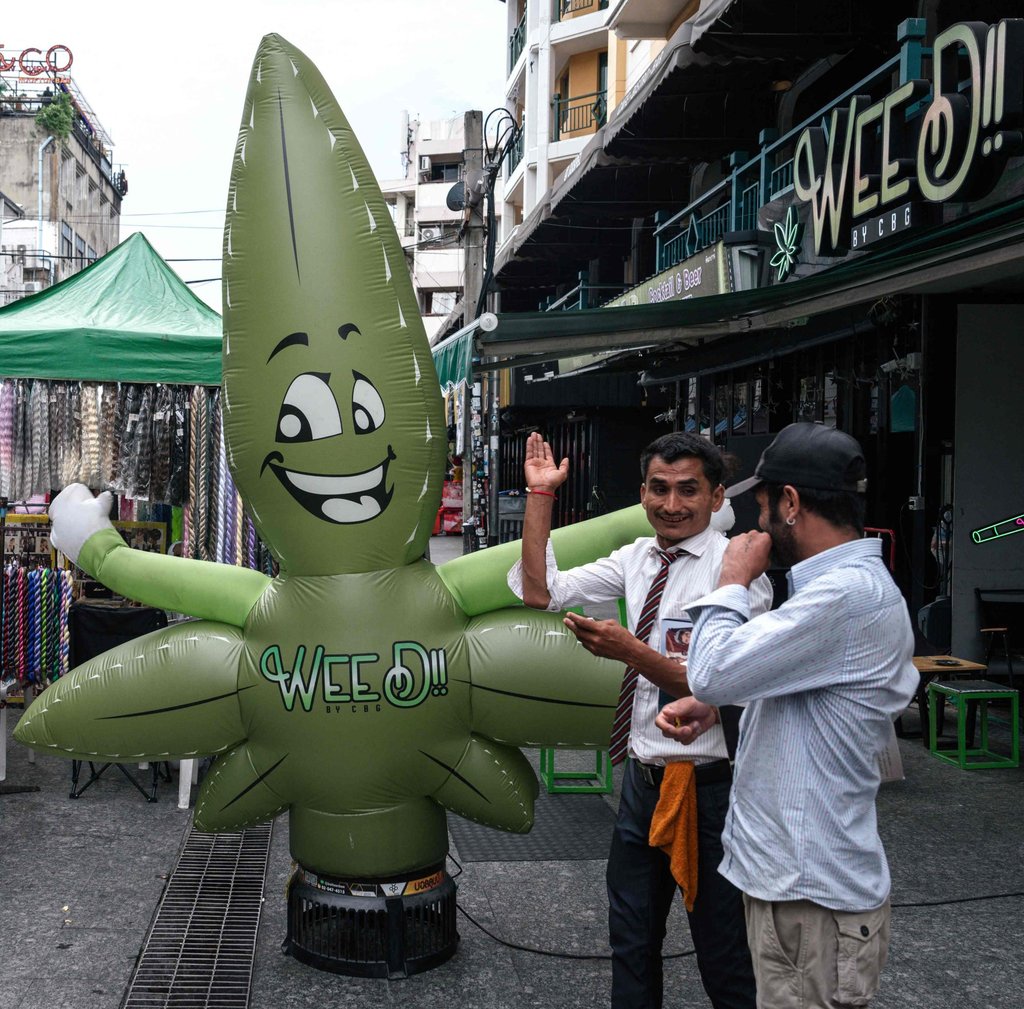The landscape of cannabis regulations in Thailand is poised for significant changes as the government initiates stringent measures to control cannabis access. Amidst mounting incidents of cannabis smuggling by tourists, authorities are now requiring medical prescriptions for cannabis purchases, affecting both locals and visitors.
### New Regulations on Cannabis Access
– **Medical Prescriptions Required**: Starting in approximately 40 days, cannabis dispensaries will only sell products to individuals holding medical licenses or prescriptions. This requirement will encompass prescriptions from licensed medical professionals, including traditional medicine practitioners.
– **Purchase Limitations**: The amount of cannabis that can be sold to consumers will be restricted to a quantity sufficient for 30 days of use. This approach aims not only to regulate sales but also to minimize illicit activities related to cannabis.
– **Targeting Smuggling Issues**: The urgency for these regulations comes in response to recent incidents, including the interception of 73 kg (approximately 160 lbs) of cannabis at Bangkok’s Suvarnabhumi airport. Public Health Minister Somsak Thepsuthin highlighted that illicit cannabis from Thailand has reached a variety of international destinations, such as the UK, India, Pakistan, and Hong Kong.
### The Broader Context of Cannabis in Thailand
Thailand made history as the first Asian country to **decriminalize cannabis** in 2022. However, since that landmark decision, the nation has faced challenges in effectively regulating usage. The new measures are positioned as a necessary step to ensure that cannabis use remains focused on medical applications rather than recreational consumption.
### Key Takeaways
– Cannabis access in Thailand is becoming more restrictive, with a focus on medical purposes.
– Dispensaries will be required to adhere to strict selling guidelines.
– Recent cannabis smuggling cases have prompted the government to take action.
– This initiative reflects an ongoing struggle to balance legal cannabis use with public safety concerns.
As Thailand seeks to tighten its cannabis regulations, the future of cannabis use in the country appears to be shifting toward a more controlled and responsible model. For more insights on Thailand’s evolving cannabis landscape, visit the official [South China Morning Post page on Thailand](https://www.scmp.com/topics/thailand?module=inline&pgtype=article).

In conclusion, these regulatory changes are expected to reshape the way cannabis is accessed and consumed in Thailand, reinforcing its status as a medical product and addressing broader public health and safety concerns.


